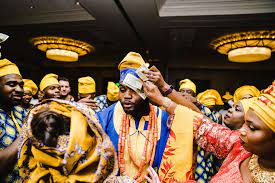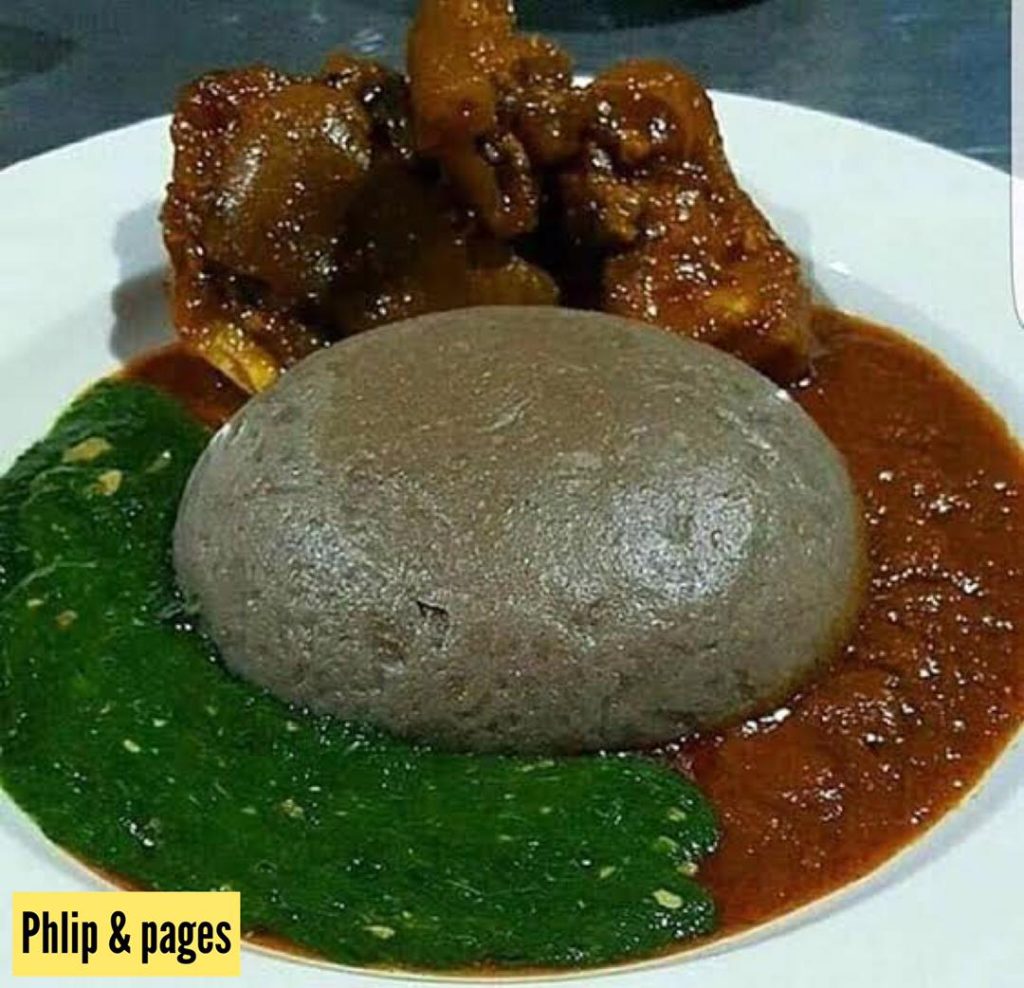Owambe, derived from the Yoruba term meaning “it is there,” is a vibrant and lively cultural phenomenon in Nigeria, particularly among the Yoruba people. It encompasses grand gatherings that mark significant milestones such as baby naming ceremonies, weddings, birthdays, and even funerals. Characterized by their exuberance, opulence, and a friendly competition these events showcase affluence through attire.

After a long week of work, Owambe usually over the weekend serves as a perfect escape, providing a space for relaxation and socializing. It offers attendees an opportunity to network and form connections with individuals from diverse backgrounds, fostering new relationships.
Aso Ebi: An Integral Part of Owambe

An integral part of every Owambe that cannot be overlooked is the Aso ebi. It entails the celebrant selecting and selling a uniform outfit, typically crafted from lace, Ankara, and Aso oke to guests months before the event. Designers carefully craft these outfits into exquisite designs and pair them with matching accessories. These include gele (headwraps) for women, while men wear fila (caps) to complete their ensembles. The attention to detail in tailoring these outfits is truly remarkable..

Live Music and Money Spraying

Live music provided by a band or DJ is an indispensable element of any Owambe celebration. The atmosphere is incomplete without catchy tunes that invite everyone to the dance floor. Money spraying is another customary practice, where guests shower the celebrant with cash of various denominations and currencies as they dance.

Feasting on Culinary Delights

Of course, no Owambe is complete without an abundance of food and drinks. From traditional dishes like amala, pounded yam, efo riro, and egusi, to generous servings of fish, poultry, and beef, the culinary offerings are diverse.Occasionally, we also incorporate continental dishes. However, we hold a special place for jollof rice and consider it the centerpiece of every gathering. We often view its quality as a measure of the event’s success. The Yoruba proverb, “e o je aje yo, e o tun di lo Ile,” encapsulates the abundance of food and beverages, assuring guests that they will feast until they are satisfied and can even take some home.

Appreciation and Symbolism
As a gesture of appreciation, hosts often provide guests with mementos such as branded cutlery, keychains, purses, and key rings, symbolizing gratitude for their presence at the celebration.


Beyond the Extravagance: Cultural Heritage and Integration
A traditional Yoruba Owambe is a splendid affair, with no expense spared. These grand gatherings can cost millions of dollars. However, beyond the extravagance, they foster societal integration, harmony, and love, showcasing the rich cultural heritage of Nigeria. Owambe is not just a celebration; it is a testament to the vibrant spirit and unity of the Yoruba people.
















